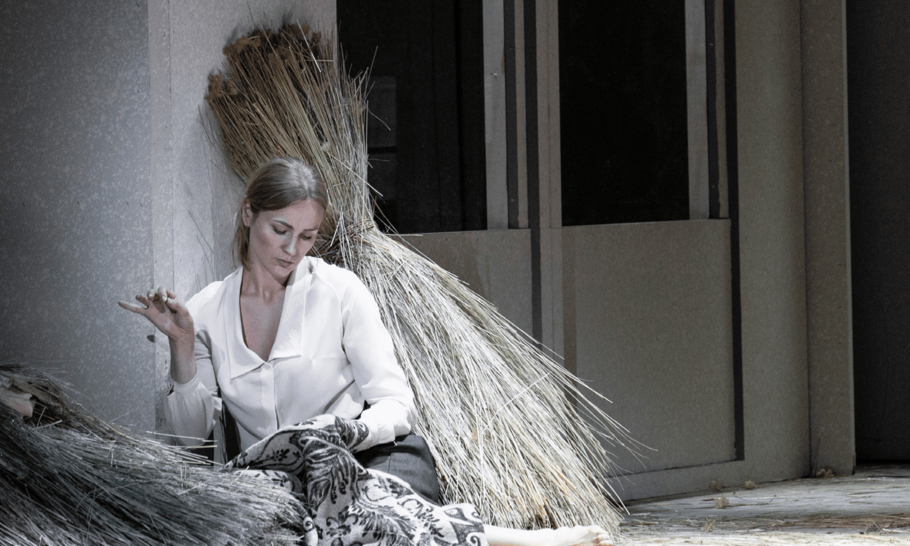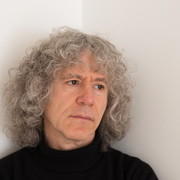Fauré’s operatic masterpiece: ‘Pénélope’ in Munich

Joanna Bergin.
I have never in my life travelled abroad especially to see an opera; but when I heard that the Bayerische Staatsoper was mounting a new production of Fauré’s only opera Pénélope (the first ever staging in Munich), I couldn’t resist. Opportunities to see this masterpiece are extremely few and far between; and Fauré is for me the most unfairly underrated – and under-performed – of all the great composers.
From the first notes on this evening at Munich’s Prinz Regent Theatre, I knew that I would not regret having travelled so far. Under the passionate and committed baton of Susanna Mallki, the orchestra – which enjoyed a close relationship with Carlos Kleiber, and has counted among its music directors Richard Strauss, Bruno Walter, Kirill Petrenko and its current director, Vladimir Jurowski – was evidently going to put its collective heart into the music.
And what music! Anyone who trots out the tired – and ridiculous – cliché about Fauré being a ”salon composer”, best suited to miniatures, should (after a few years in prison) be made to listen to this opera. The passion and strength of the score is at times almost overwhelming. Fauré was well versed in Wagner’s music; but he took from it just what he wanted, no more. This opera is pure Fauré: for all its violence and even eroticism, he never oversteps the bounds of nobility, of pure beauty in an endless variety of forms.
The singing was uniformly excellent, the young star-in-the-making Victoria Karkacheva (a protégée of the opera’s intendant Serge Dorny) bringing vulnerability and dignity to the part of the eponymous heroine. She created a convincing partnership with the heroically rich-toned Brandon Jovanovich as her missing (or rather, not-missing) husband Ulysse. Also extremely impressive was the glorious-voiced young British singer Thomas Mole, as an elderly shepherd. Or, in this case, not so elderly – despite the character singing of having known Ulysse as a baby, this shepherd looked like an 18-year-old…
…Which brings us to what was for me the only problem of the evening: the production. As implied above, I am by no means an opera buff – so I may well be missing smart subtleties that would be obvious to one more trained in “original” productions. It’s true that the sets – the first and third acts dominated by a constantly-revolving triptych of rooms – were striking; but the huge chasm between the text – let alone the music – and the actions on stage seemed to me nonsensical. It’s not that all operatic interpretations should be literal; some wildly inventive productions (eg Richard Jones’ marvellous version of Martinu’s Julietta at the ENO a few years ago) can shed light upon the opera in a transformative way.
Here, though, in Pénélope – I felt cleverness, a desire to be noticed. Why, for instance, did two actors have to play the same character? Why, when he is being taunted by the slimy suitors for being clad in rags, is Ulysse wearing a rather dapper cream suit? Why does no action explicitly described in the text actually take place on stage? As I say, I am probably missing all sorts of allusions and subtleties; but it seems to me that they are unnecessary. The opera can speak for itself.
As a musical interpreter, I am often pointing out the paradox that the more closely a player sticks to the instructions in the music, the more different they will sound from every other player – whereas those who try to sound “different” all too often end up sounding exactly the same as each other. I believe that the same can be applied to directors. Fauré’s ideal – for all his extraordinary harmonic complexity – was simplicity; interpreters of his works need, surely, to strive for the same goal.
But — despite those reservations, I would urge anyone who can do so to attend this production. The experience of hearing this music live is utterly different from any recording – far more exciting; and the performance is excellently presented too, with clear surtitles in German and English. Meanwhile – thinking of the UK – I suggest that a petition should be sent to Parliament, urging them to demand that at least one of our British opera festivals be legally required to present Pénélope within the next few years. As far as I know, only Wexford has so far staged a production of this opera, perfect as it is for summer festivals. It is high time…
Steven Isserlis is one of the world’s leading cellists. He is also an occasional writer on music and a lifelong admirer of Gabriel Fauré.
A Message from TheArticle
We are the only publication that’s committed to covering every angle. We have an important contribution to make, one that’s needed now more than ever, and we need your help to continue publishing throughout these hard economic times. So please, make a donation.




